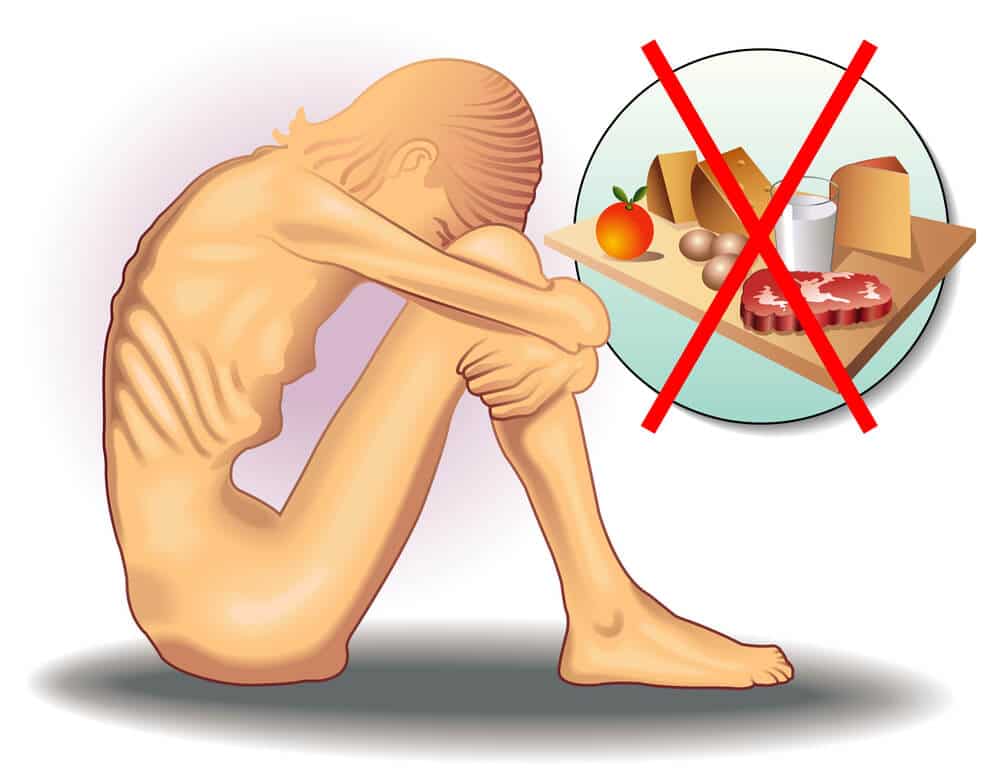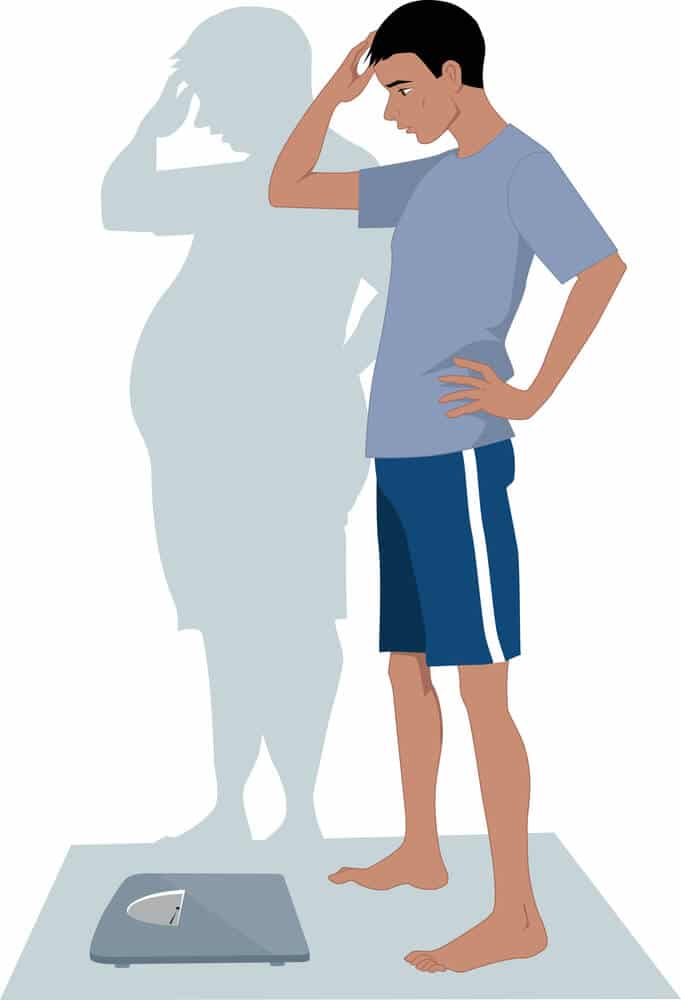Approximately 28.8 million people in the United States or 9% of the population, including those from Maryland, will have an eating disorder in their lifetime, according to the National Association of Anorexia Nervosa and Associated Disorders.
Anorexia patients can qualify for medical marijuana in Maryland. To gain access to an MMJ card, visit our Maryland page.
The Department of Health in Maryland stated that adolescents have increasing concerns about weight-related issues, both from the standpoint of over-eating and excessive dietary restriction.
Eating disorders such as anorexia nervosa and bulimia nervosa are chronic illnesses that can lead to long-term medical consequences.
This corresponds to the report of the American Society for Nutrition stating the prevalence of eating disorders increasing to 7.8% for the 2013-2018 period.
The American Journal of clinical nutrition conducted a study on the prevalence of eating disorders and found out that eating disorders are highly prevalent already in adolescents, particularly reporting the early onset of AN (anorexia nervosa) and BD (bulimia nervosa).
Their study also confirmed that eating disorders are more prevalent in women than in men. This supports the report from the National Institute of Mental Health (NIMH) that the lifetime prevalence of anorexia nervosa was three times higher among females (0.9%) than males (0.3%)

Most often, individuals who are diagnosed with anorexia reduce their food intake in the context of these factors:
The median age of onset for anorexia, based on the diagnostic interview data from the National Comorbidity Survey Replication (NCS-R), is 18 years old. Anorexia is considered the third most common chronic illness among adolescents.
The Diagnostic and Statistical Manual of Mental Disorders (DSM-5) designated distinct subtypes of anorexia because of the complexities of eating disorders.
These types are:
This is the most commonly known type where the person’s weight loss is accomplished through dieting, fasting, and excessive exercise.
When a person engages in restrictive behaviors, binge-eating, and compensatory purging behaviors (self-induced vomiting or misuse of laxatives, diuretics, or enemas), they are diagnosed with this type of anorexia.
This type presents itself with symptoms characteristic of a feeding and eating disorder and clinically significant distress, but the individual maintains an ideal weight or bone density within the normal range.
Also known as ‘sports anorexia’ or ‘exercise anorexia’, this type happens when individuals engage in excessive or compulsive exercise while not consuming the calories necessary for nourishment.
Anorexia is not caused by one specific cause but by several factors that can indicate increased risk. The causes include:

According to Johns Hopkins Medicine, their behavior would often lead to:
Students who are diagnosed with anorexia could miss class time and assignments due to complications associated with the illness. The complications are often expressed as acting withdrawn, depressed, or anxious around classmates.
Eating disorders are prevalent in middle childhood and adolescence. Treatment of adolescents with eating disorders optimally takes place with the support of an interdisciplinary team, including a primary care health professional, a dietitian, a dentist, and a mental health professional.
Treatments are typically focused on coping with disordered eating behaviors and establishing new patterns of thinking and approaching food.
Medical marijuana is a safe and effective alternative medication for managing the complications of anorexia like depression and anxiety, with a relatively neutral effect on weight. Anorexics can qualify for medical cannabis.
Maryland lists Anorexia as one of the mental illnesses that are qualified for the use of medical marijuana. Anorexia patients can qualify for MMJ. If you are seeking to get a marijuana card, you can check TeleLeaf RX’s online process.
REFERENCES:
https://anad.org/get-informed/about-eating-disorders/eating-disorders-statistics/
https://health.maryland.gov/mmcp/epsdt/healthykids/pdf/SectionIV_pp3-6.pdf#search=eating%20disorders
https://www.nimh.nih.gov/health/statistics/eating-disorders
https://www.nationaleatingdisorders.org/statistics-research-eating-disorders
https://www.webmd.com/mental-health/eating-disorders/anorexia-nervosa/prevent-anorexia-nervosa
